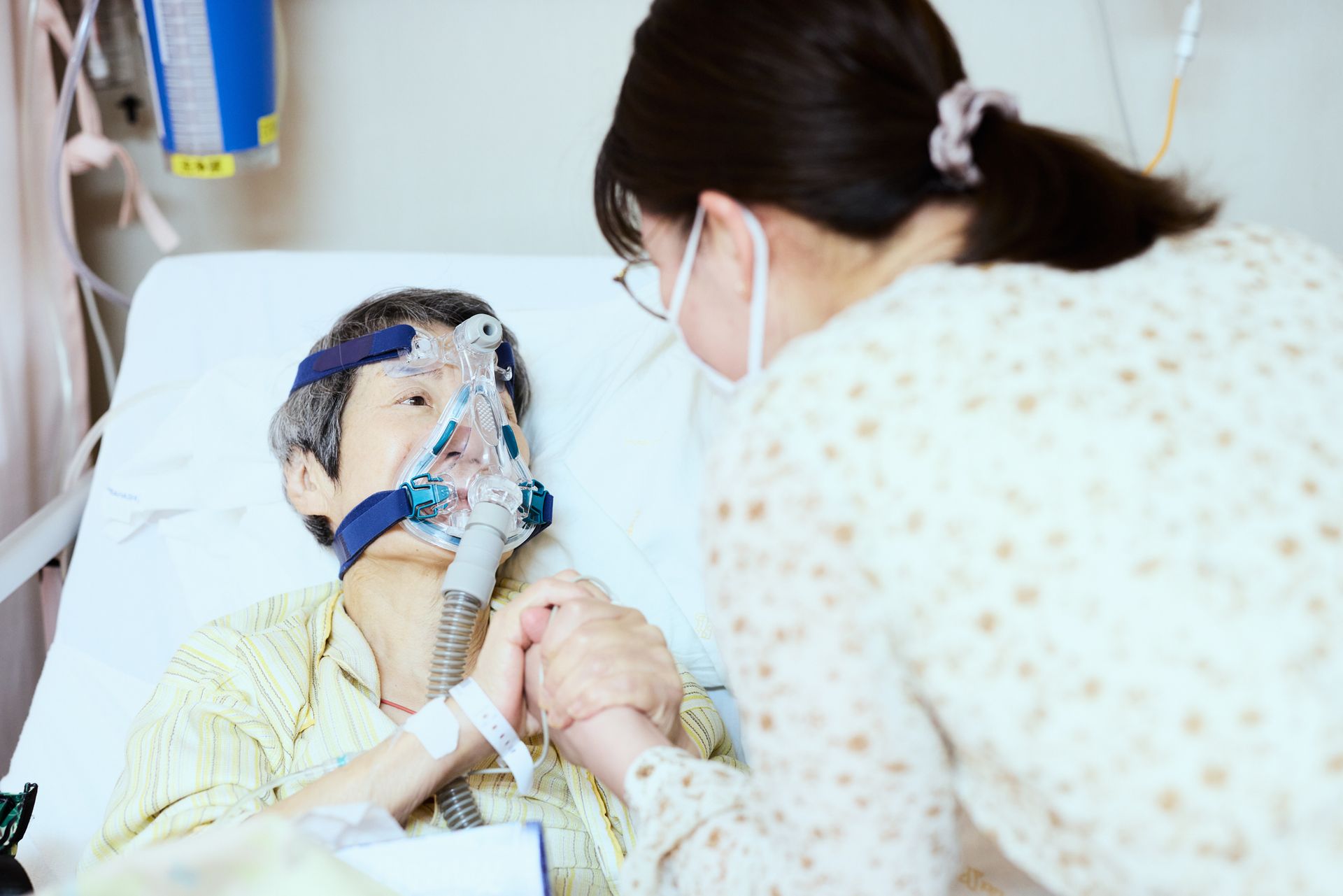Breathe Better • Sleep Better • Live Better
CPAP-Alternative Sleep Apnea Solutions by Dr. Maria Sison-Rosario
Sleep Better
Can't tolerate your CPAP? Schedule your sleep evaluation with Dr. Maria Sison-Rosario to discuss how an FDA approved sleep appliance treats sleep apnea without a CPAP. As a Diplomate of the American Board of Dental Sleep Medicine, Dr. Maria Sison-Rosario is qualified not only to help you sleep better, but also she can bill your medical insurance so you pay little or ZERO!
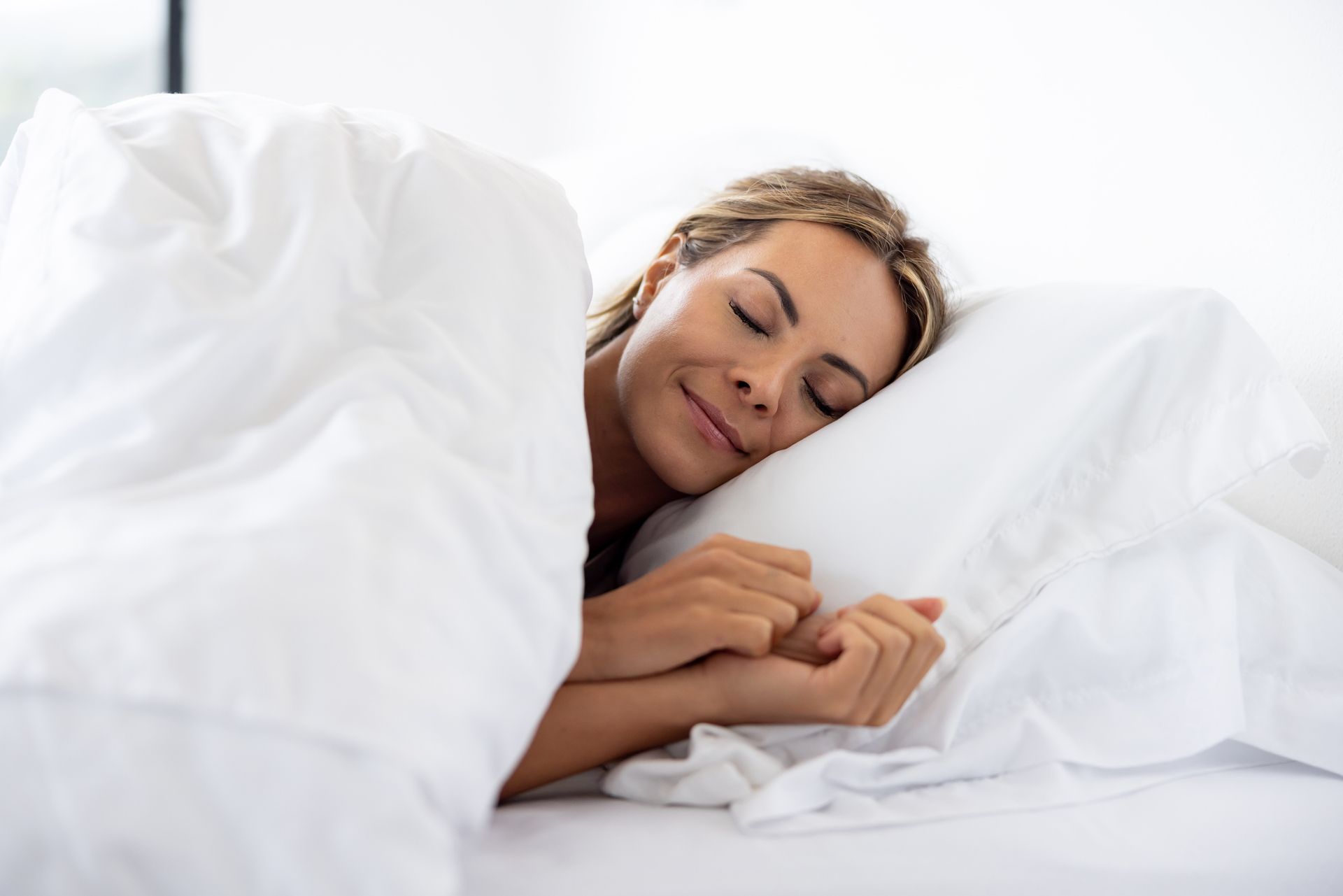
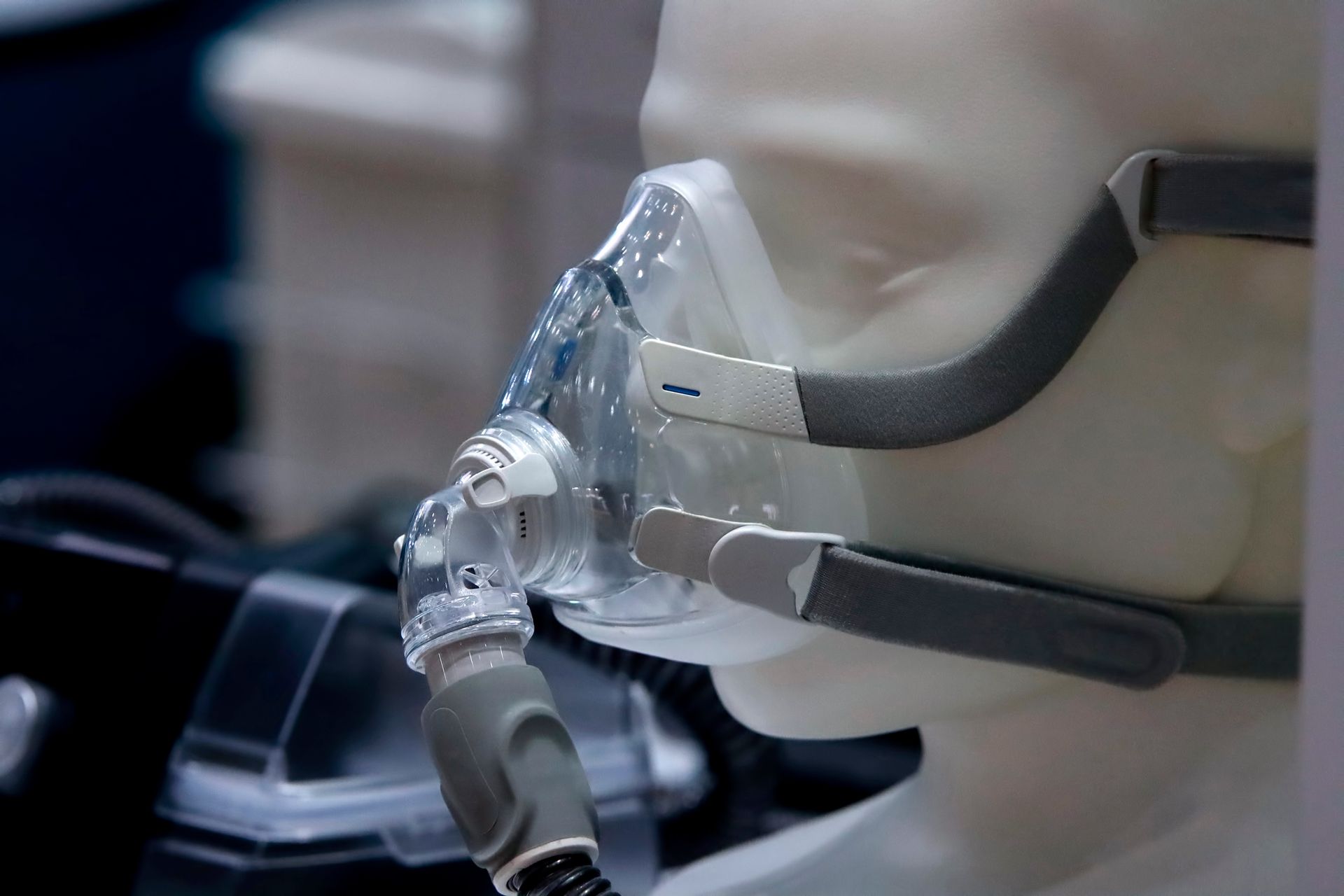
Sleep Apnea
We are very happy to announce that we offer Oral Appliance Therapy (OAT), a comfortable non-invasive treatment option for snoring and Obstructive Sleep Apnea (OSA). Patients all over the world have fallen in love with the simplicity, comfort and effectiveness of OAT. Our oral appliances appear similar to an orthodontic retainer or a mouth guard, and can be used alone or in conjunction with (CPAP) to reduce snoring and treat OSA by preventing the airway from collapsing.
Caring & Compassionate Sleep Apnea Care in Fullerton, CA
One Magnificent Smile Family Dentistry is a dental practice that specializes in Dental Sleep Medicine. We offer sleep apnea screenings and oral appliance therapy.
We understand that sleep disorders can have a significant impact on your quality of life. We are committed to providing you with the care you need to get a good night's sleep and improve your overall health.
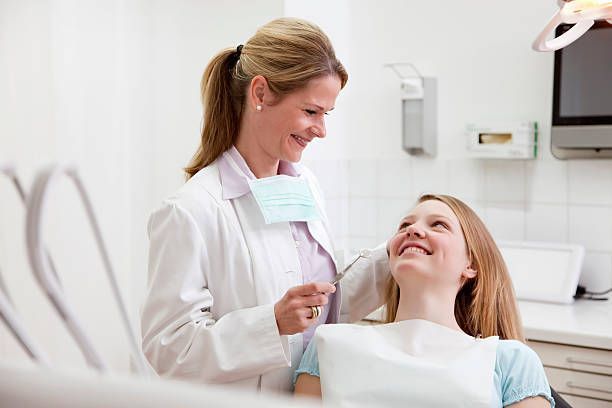
Can't tolerate the CPAP Machine at night? sleep at night? Please call us at 714-870-1171. We look forward to helping you get the rest you deserve.
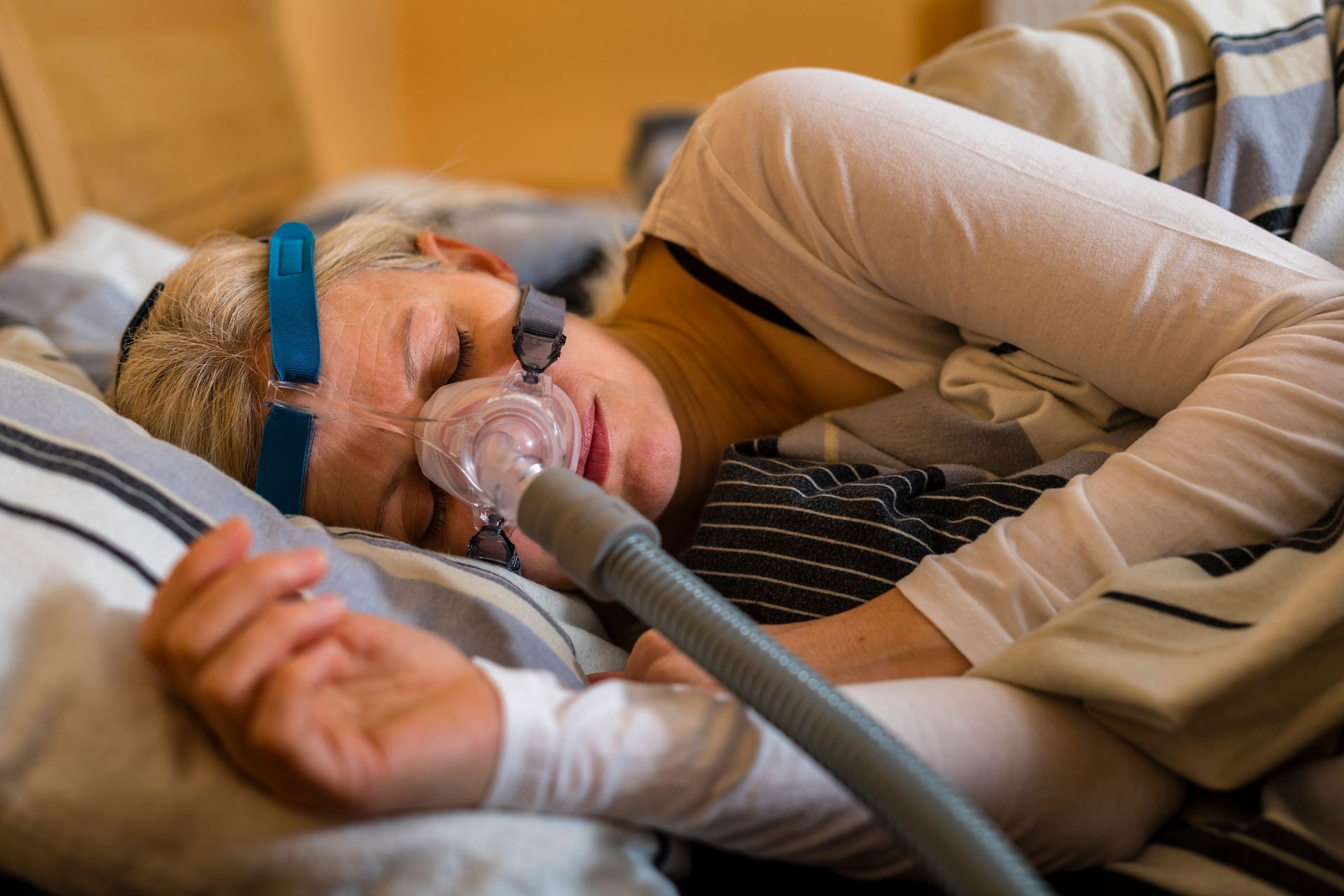
CPAP Free Sleep
At our office, we prioritize accurate sleep apnea screenings. Our non-CPAP oral appliance therapy offers a comfortable and effective treatment option. Our appliances are custom made for each individual patient. They are designed to hold the jaw forward, keeping the airway open during sleep. We are committed to providing personalized care and improving your sleep quality. Contact us for more information and assistance.
Our Mission
Our goal is to improve sleep by creating a customized oral appliance that positions the lower jaw in a more forward position which opens the airway and contributes to a better, more restful sleep.

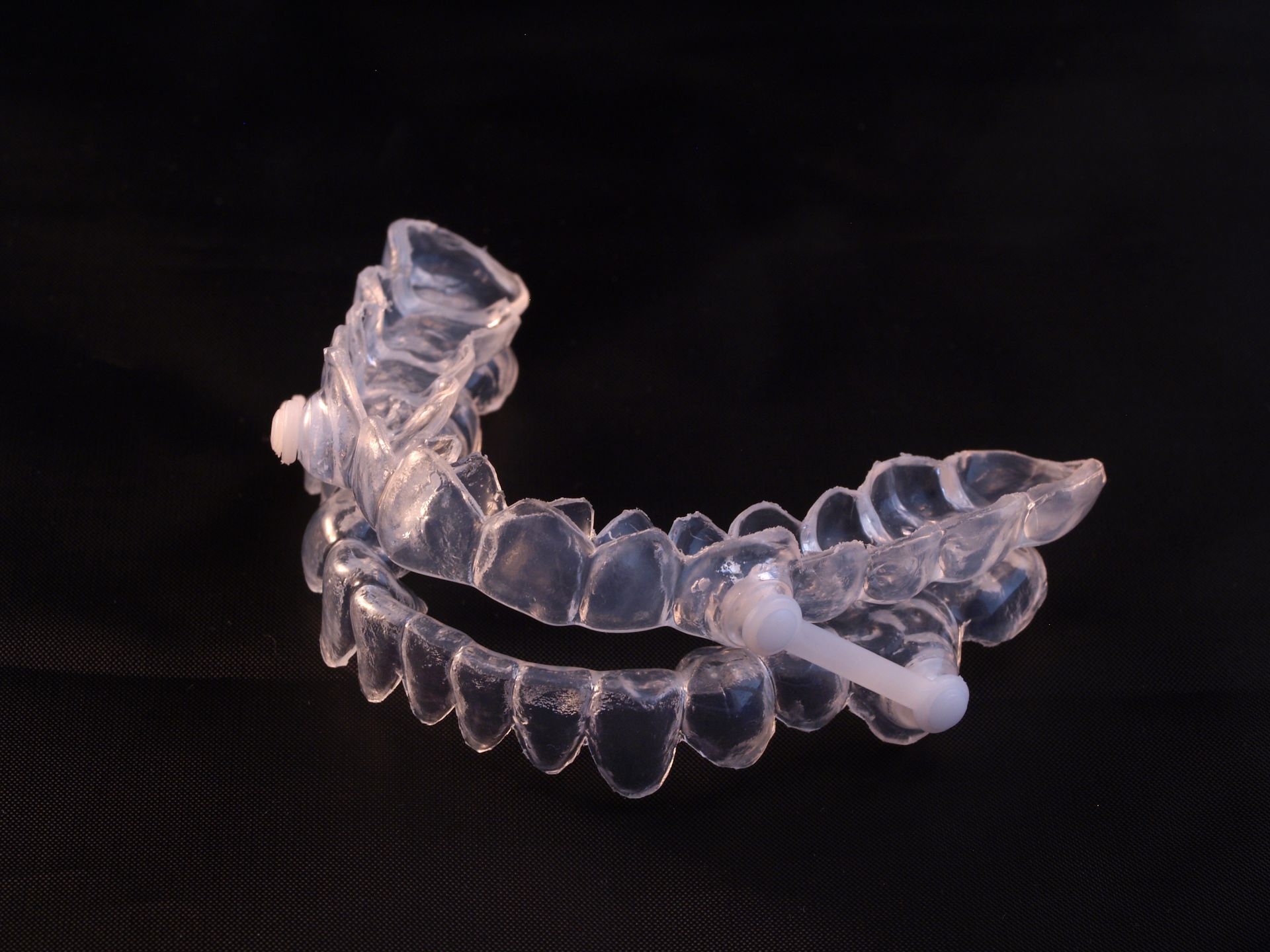
Oral Appliances
We are very happy to announce that we offer comfortable non-invasive Oral Appliance Therapy. Patients all over the world have fallen in love with the simplicity, comfort and effectiveness of OAT. An oral sleep apnea appliance appears similar to an orthodontic retainer or a mouth guard and can be used alone or in conjunction with (CPAP) to reduce snoring and treat OSA by preventing the airway from collapsing.
Please call Dr. Maria Sison-Rosario, who is specially trained in Dental Sleep Medicine, to set up a consultation to see if you are a candidate for a custom oral appliance. We are happy to work with your medical insurance, which routinely covers this therapy for patients who meet the criteria.
We look forward to seeing you soon and helping you to get a better night’s rest!
Sleep Apnea
Sleep apnea is a condition in which breathing is briefly and repeatedly interrupted during sleep. More than 18 million adults suffer from sleep apnea in the United States. The condition can lead to heart disease, stroke, mood disturbances, and more. Dr. Maria Sison-Rosario can determine if you suffer from sleep apnea and recommend an effective treatment that suits your physical needs and your lifestyle.
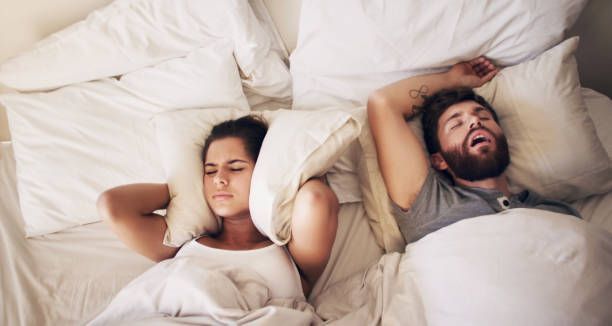
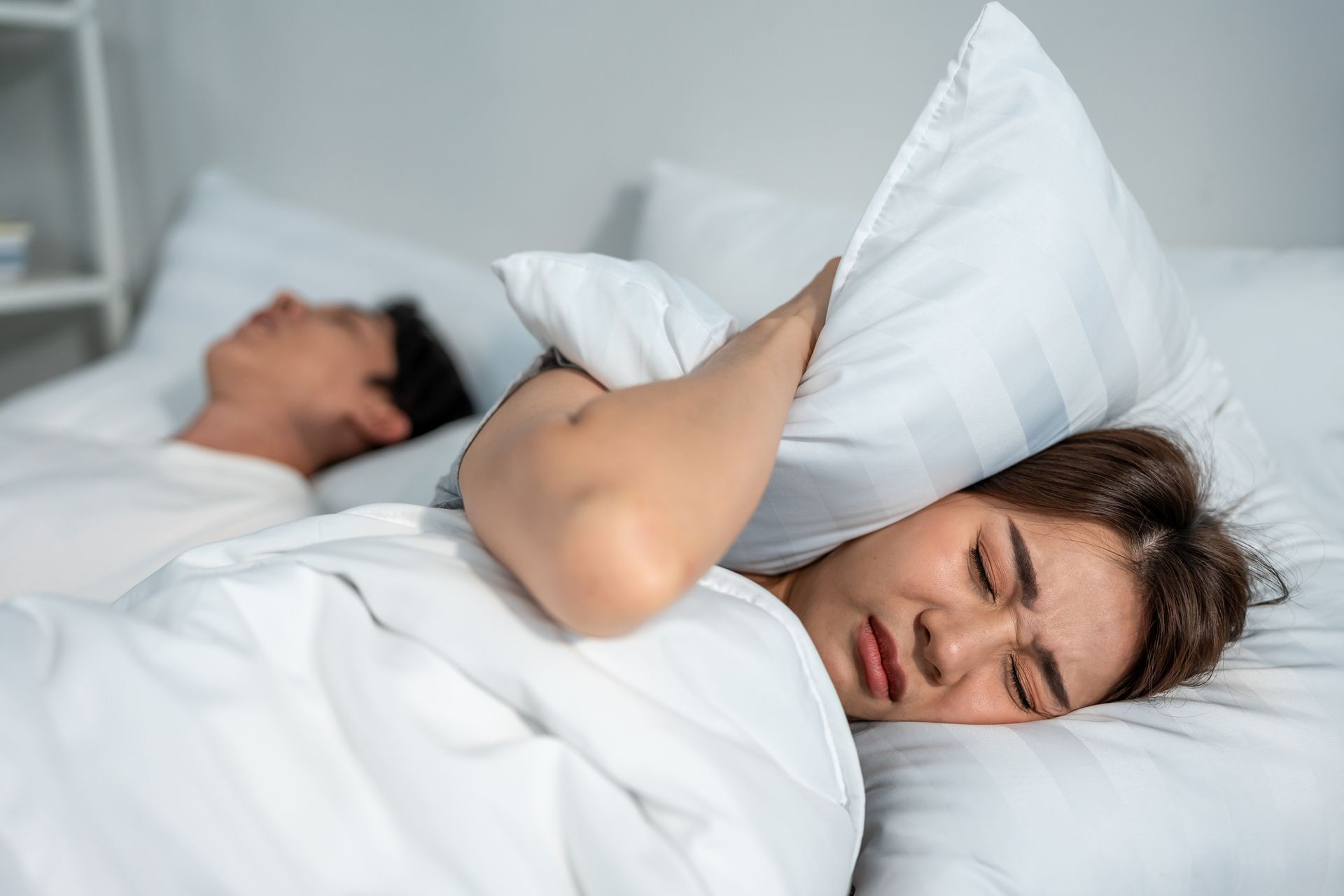
What is Sleep Apnea?
Sleep apnea is a common sleep disorder that is characterized by frequent breathing pauses during sleep, sometimes occurring several times an hour and lasting more than 10 seconds. This can move the sleeper out of deep sleep and cause sleep loss. There are three types of sleep apnea, each with its own symptoms and causes.
An accurate diagnosis and effective treatment are essential to prevent sleep deprivation and other long-term sleep apnea risks.
What are the Three Types of Sleep Apnea?
There are three types of sleep apnea. These include:
Obstructive sleep apnea:
The most common form of sleep apnea, obstructive sleep apnea is characterized by frequent pauses in breathing during sleep. It occurs when the muscles in the back of the throat relax during slumber and block the airway.
Central sleep apnea:
This type of sleep apnea involves pauses in breathing during sleep caused by a signal disruption from the central nervous system. Central sleep apnea is linked to lower levels of oxygen saturation, a condition known as hypoxia or hypoxemia, which can lead to serious health problems.
Positional sleep apnea:
When the majority of apneic episodes can be attributed to sleep position, it is referred to as positional sleep apnea. When you lie flat on your back (known as the supine sleep position), the size and shape of your upper airway is altered. Combined with gravity, this position increases the likelihood of the airway being obstructed.
What Causes Sleep Apnea?
The causes of sleep apnea vary, depending on the type of sleep apnea being discussed.
- Obstructive sleep apnea: This is caused by an airway blockage that occurs when the muscles in the back of the throat relax during sleep.
- Central sleep apnea: This type of sleep apnea is caused by disruptions to signals from the central nervous system.
- Positional sleep apnea: This is caused by sleeping in a certain position at night, typically the supine position (lying flat on the back).
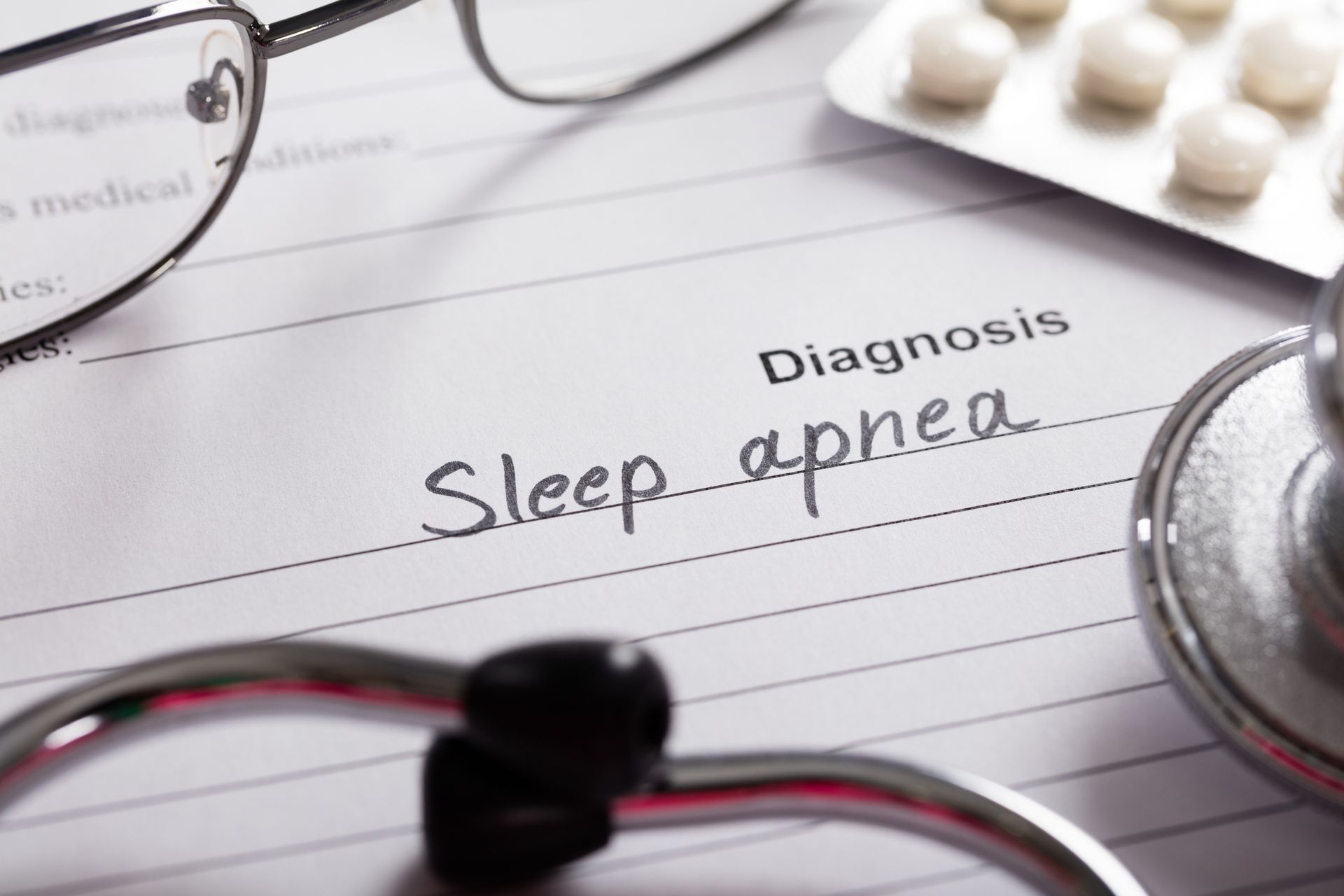
Symptoms of Sleep Apnea
Symptoms of obstructive sleep apnea include:
- Loud, chronic snoring
- Periods of stopped breathing during sleep
- Gasping and snorting during sleep
- Excessive daytime sleepiness
- Night sweats
- Memory problems
- Irritability and mood swings
- Waking up with a sore throat and dry mouth
- Morning headaches
- Chronic high blood pressure
- Depression
- Decreased sexual libido
Sleep Apnea Treatments
There are a variety of potential sleep apnea treatments. For patients with mild to moderate OSA and or CPAP intolerant, we offer the option to be treated with an oral appliance.
Oral Appliance Therapy (OAT): Here in our practice we offer therapy for those patients that may been unsuccessful with CPAP. OAT may also be a great alternative in treating snoring and mild to moderate OSA cases. We also have been successful with severe OSA patients who have used OAT in combination with their CPAP to help keep the pressure at a more comfortable level. Our office also performs benefit checks, pre-authorizations, and billing of claims for medical insurance and Medicare.
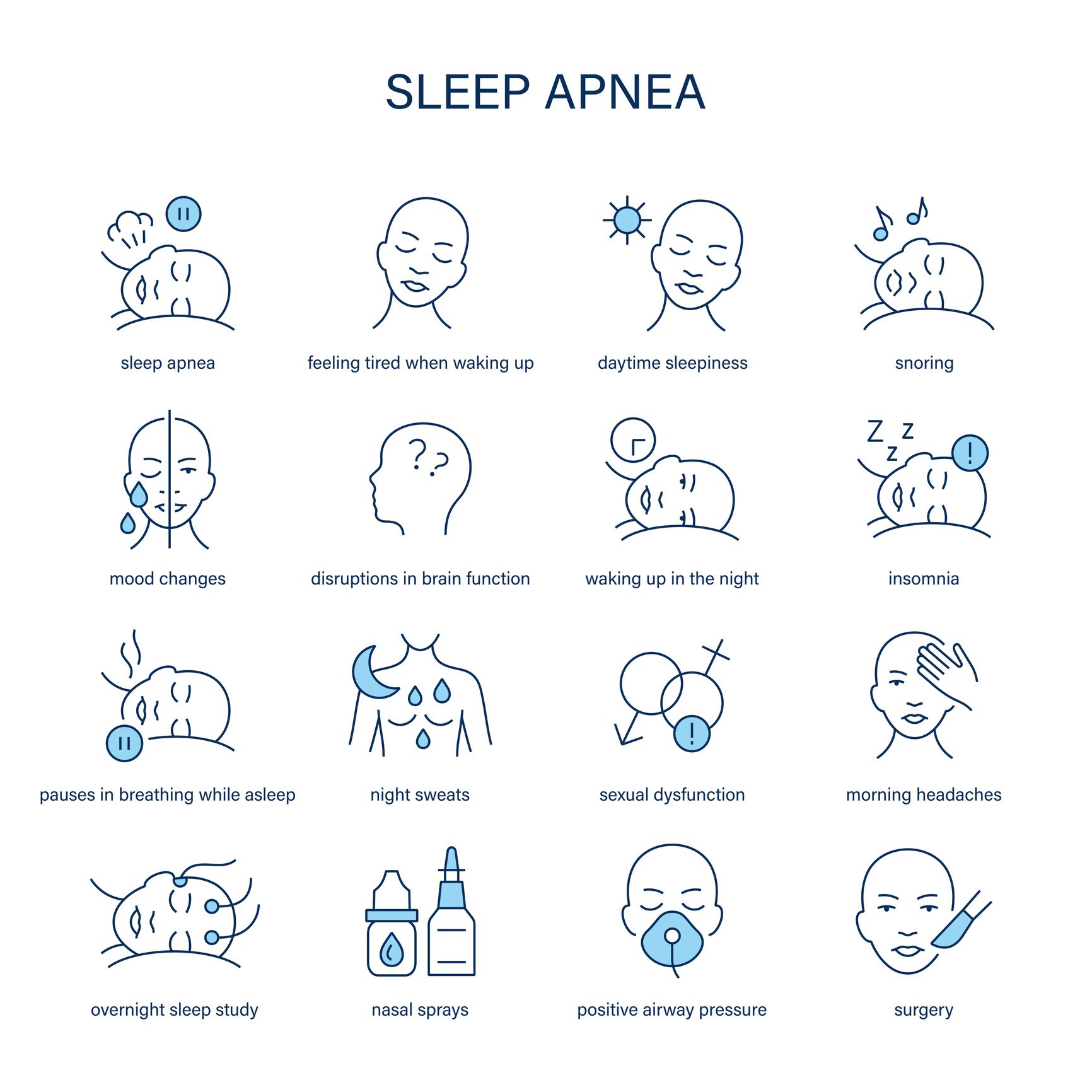
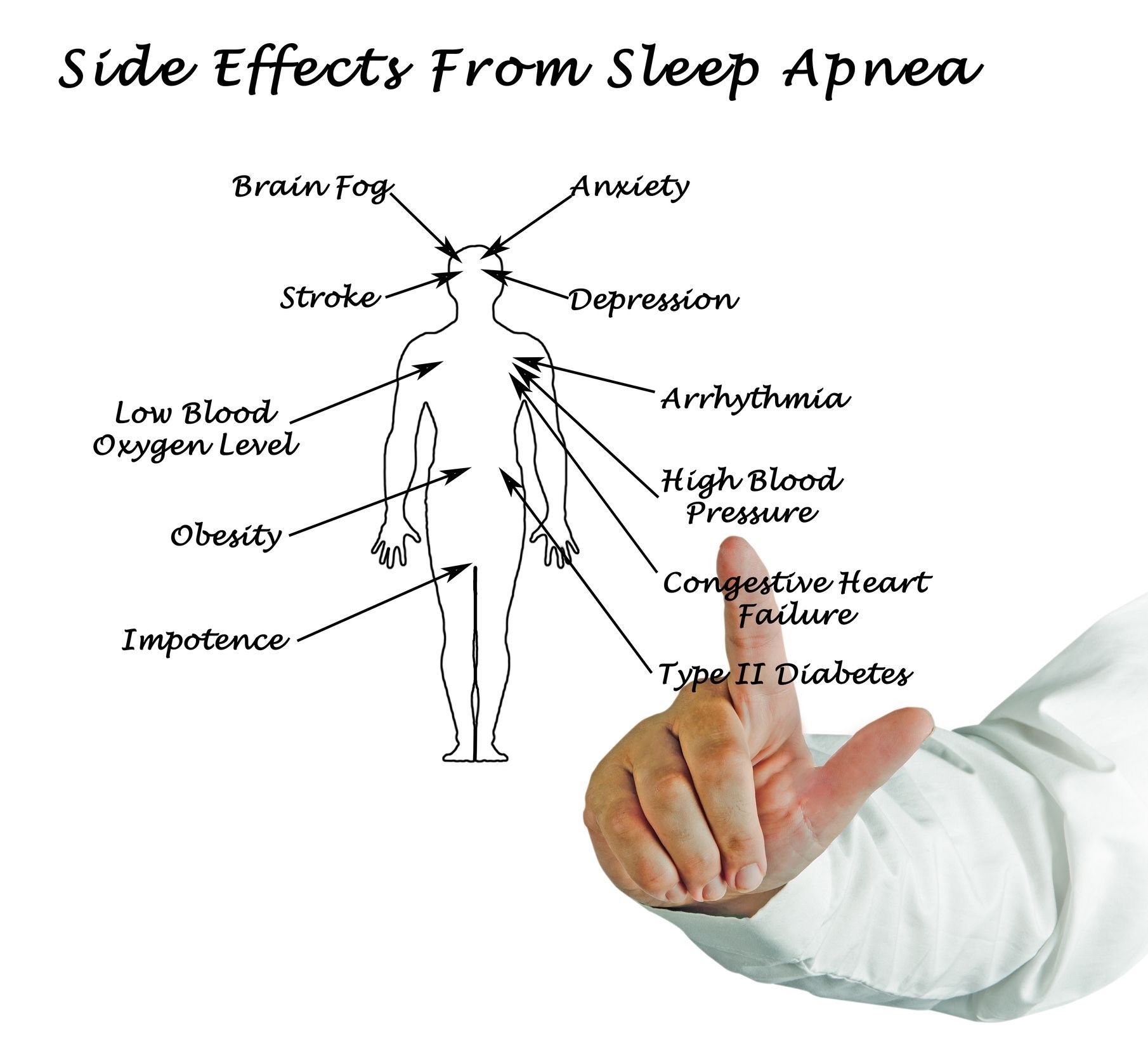
What are the Complications of Sleep Apnea?
People with sleep apnea have an increased risk for the following:
- Heart attack: Left untreated, sleep apnea can lead to increased arterial stiffness and reduce heart rate variability, raising the risk of a heart attack.
- Stroke: Sleep apnea can increase blood pressure. Eventually, the blood pressure rise that occurs during the night may continue into the daytime, leading to hypertension, a risk factor for stroke.
- Type 2 diabetes: Sleep apnea increases your risk for developing type 2 diabetes. In fact, 71% of people with type 2 diabetes also suffer from sleep apnea.
- Driving accidents: Sleep apnea results in poor sleep quality, which in turn leads to excessive daytime sleepiness. Sleep deprivation is a leading cause of motor vehicle accidents.
If you believe you may have sleep apnea, your first step is to get an accurate diagnosis of the condition. A sleep specialist can diagnose sleep apnea based on a physical examination, your symptom history, and the results of a sleep apnea test.

